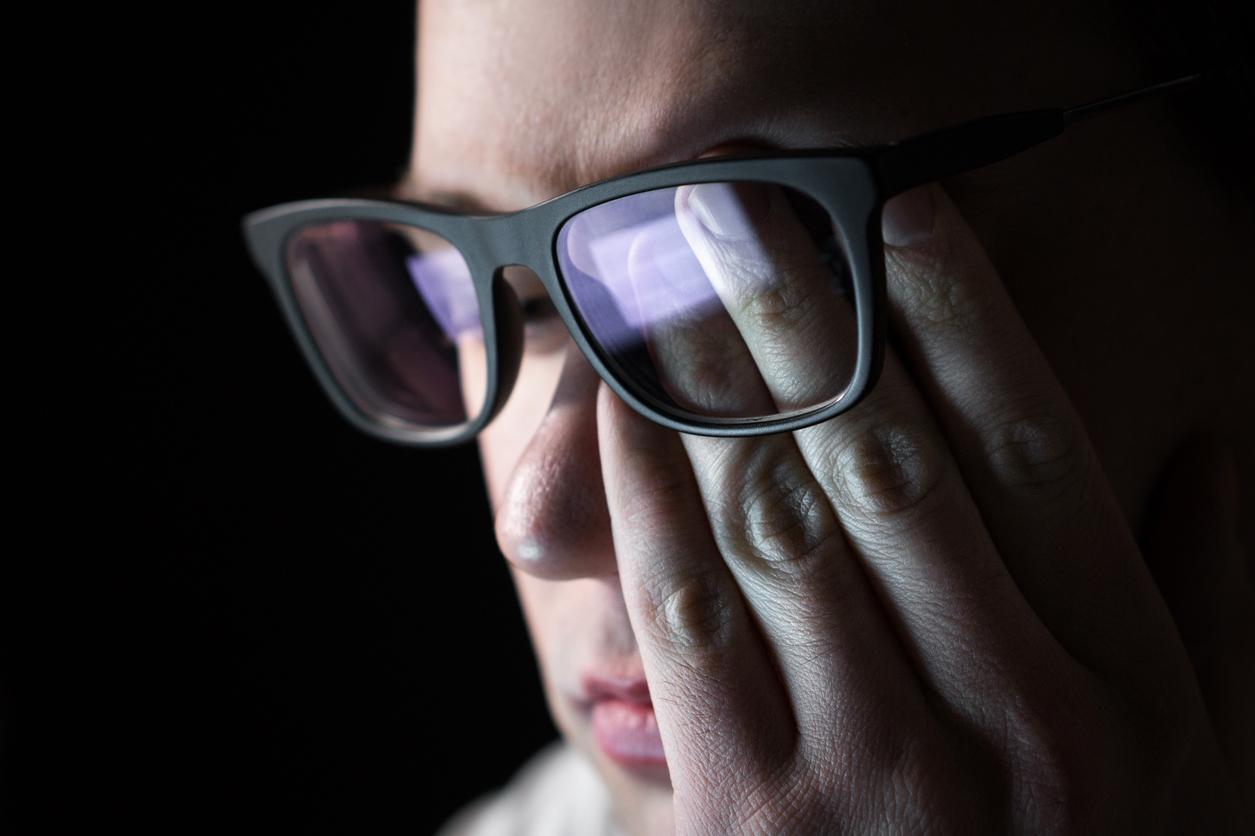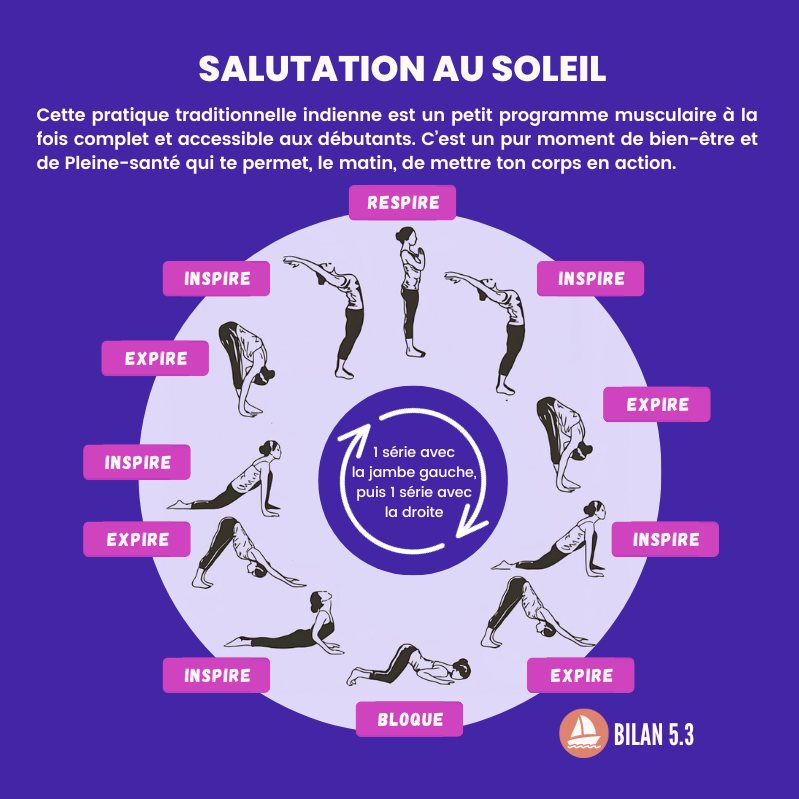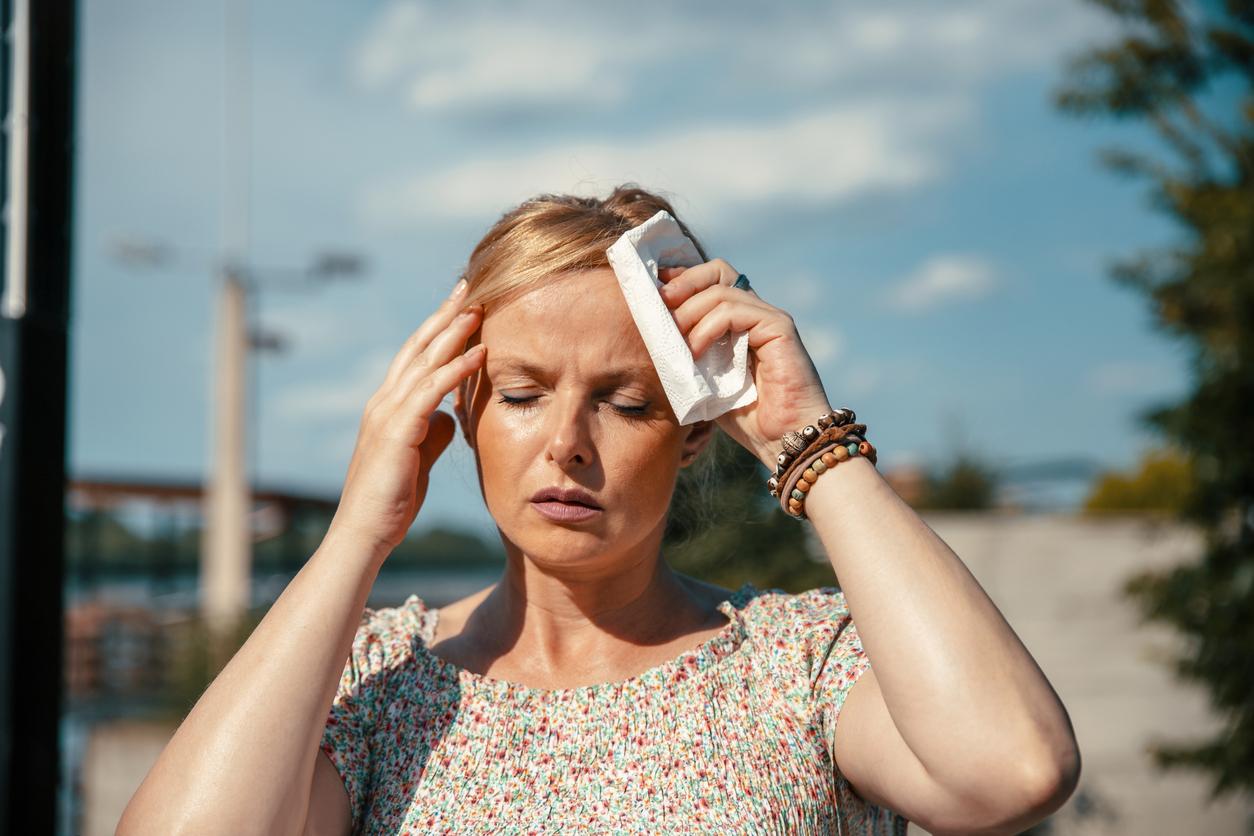Under a blazing sun, the body works tirelessly to keep us cool from the heat, which can accentuate our feeling of fatigue.
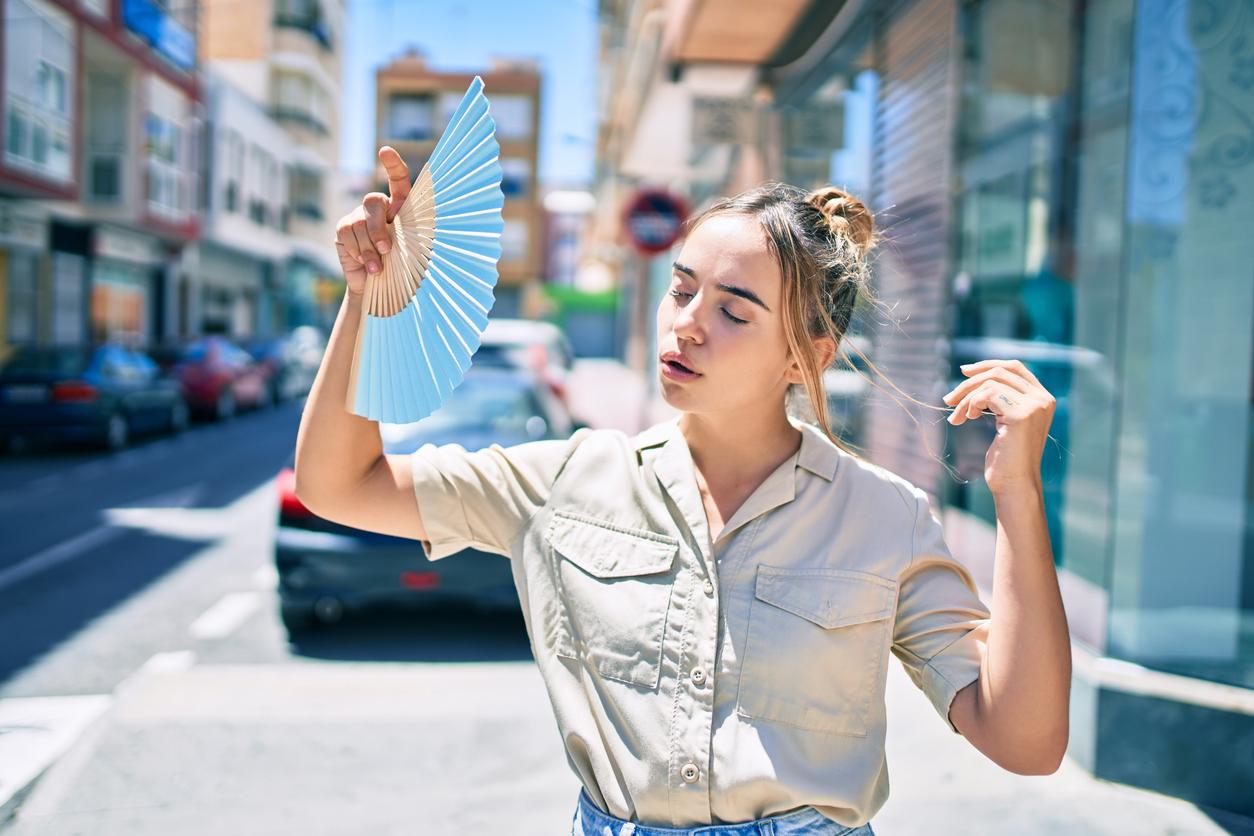
- Why, biologically speaking, does the sun make us tired? “It’s more the heat that’s to blame, because our bodies have to work harder to cool us down,” explains American doctor Matthew Badgett in an article.
- “While sweating may seem passive, our bodies work to make us sweat: our heart rate and metabolic rate increase when we sweat.”
- Other reasons for sun fatigue include dehydration, which causes less blood to flow to the brain and organs, and sunburn, which requires energy to repair skin damage.
While the sun energizes us thanks to vitamin D, it can also make us more tired than usual as soon as summer shows its rays. Who hasn’t felt exhausted after spending the whole afternoon lounging on the beach or sunbathing in their garden? Why, biologically speaking, does the sun make us so sleepy?
“It’s more the heat than the sun that’s to blame, because our bodies have to work harder to cool us down.”explains physician Matthew Badgett in an article published on the Cleveland Clinic websitea renowned university medical center in the United States. According to him, here are the different reasons why high doses of sunlight can make our legs go cold.
Our body tries to stay cool
Whether it’s cold or hot outside, our bodies are constantly working to maintain a normal body temperature. When temperatures rise in the summer, sweating is the main way for it to cool down: beads of sweat evaporate and cool our skin in the process. “While sweating may seem passive, our bodies work hard to make us sweat: our heart rate and metabolic rate increase when we sweat.”underlines the specialist.
When it’s hot, your blood vessels dilate and send more blood to the surface of your skin. A process called vasodilation allows warm blood to cool as it moves across your skin’s surface, which is why you can look red when the mercury hits record highs.
When humidity is added to heat, it’s worse: “In regions with humid climates, the air is already heavily laden with water droplets. The sweat beads evaporate more slowly, so the heart and body work even harder to cool us down.”
We don’t drink enough water
All the water the body loses through sweating must be replaced, otherwise it risks becoming dehydrated, according to Matthew Badgett. “We feel tired because there is less blood flowing to your brain and organs”assures the doctor, who points out that fatigue, thirst peaks, headaches or even a decrease in urination are all signs of dehydration, itself responsible for a drop in blood pressure.
So you need to drink more, and only water, please. Sodas and coffee don’t quench your thirst, and “Alcohol is a diuretic: it makes us urinate more often, so we lose more fluids”. Not to mention that the drink has a vasodilatory effect, that is to say that “less blood can go to the brain”, making “overheat” the body.
Sunburns need energy to heal
Exposure to UV light in the morning helps wake the body up in the morning, but the sun can also be damaging if taken without moderation. However, skin burned by the rays has “have trouble retaining moisture, which affects sweating and increases the risk of dehydration.” “Sunburn increases your body temperature and requires energy to heal the skin damage it sustains.”sums up the doctor.
Matthew Badgett concludes by offering some tips to avoid post-sunbathing slumps: eat foods that contain electrolytes, such as watermelon and bananas; prevent dehydration by drinking water or electrolyte drinks; take a short nap (5-10 minutes), preferably in a cool place; and wear sunscreen to protect against sunburn and reduce the risk of skin cancer.



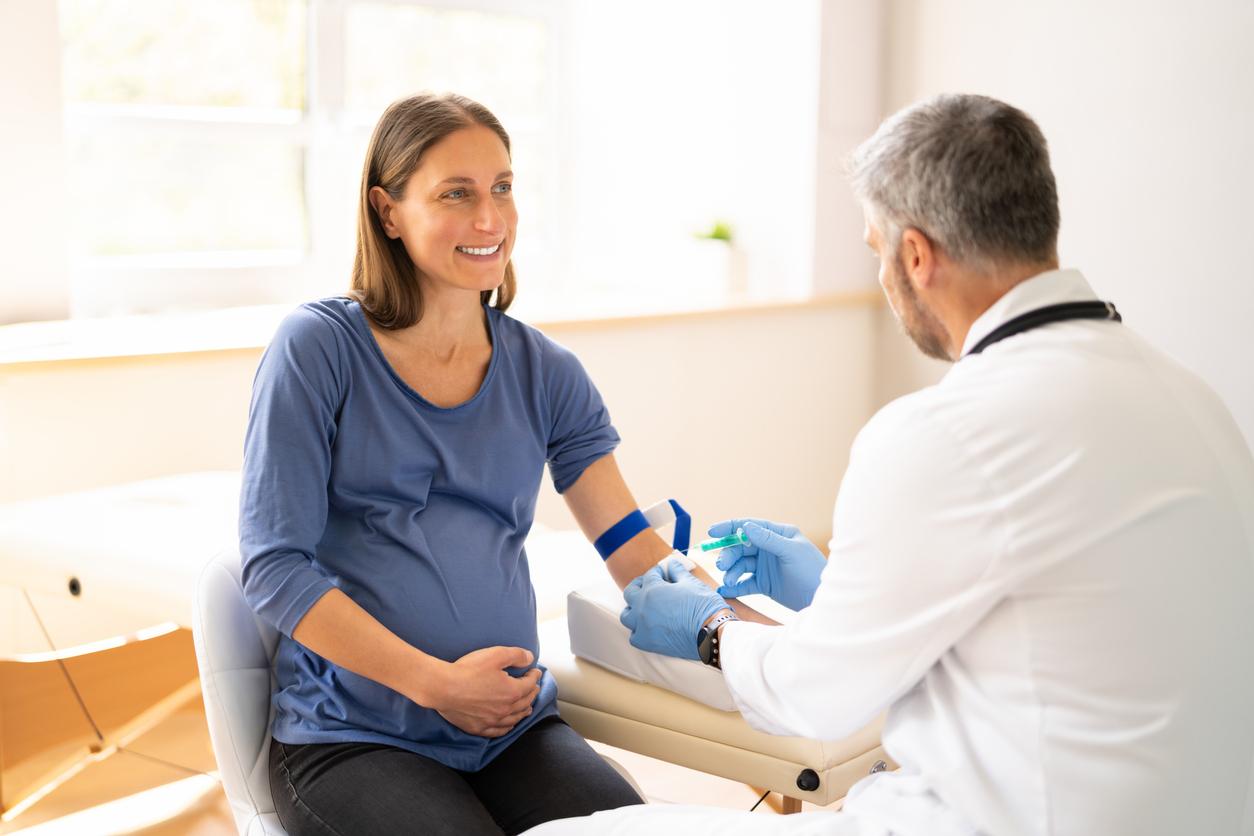
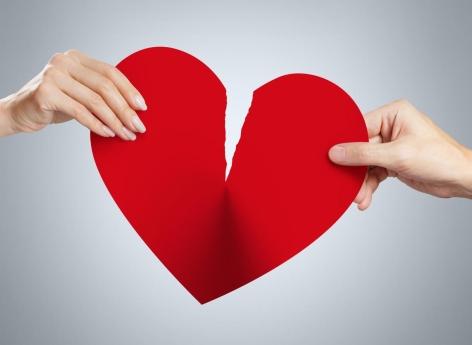
-1739366311.jpg)





